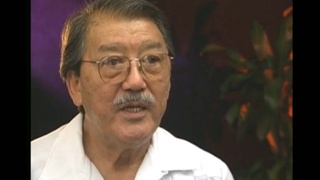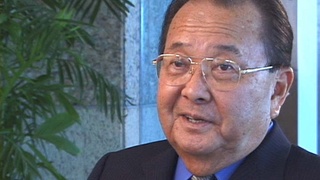Interviews
Is 'Korematsu v. United States' still a threat to American civil liberties?
Certainly, as I said, given the coram nobis case, it should be read knowing that the factual underpinnings of the case have been found to be fraudulent.
Yet the case still is on the books for a few very dangerous propositions. One proposition that Korematsu can be read to support is that the military does have authority over civilians during time of national crisis. Certainly it is not the only relevant authority that exists out there. There are other cases that do say that military power over civilians must be seriously scrutinized and curtailed, and that the Constitution is the ultimate authority, even in time of crisis. But Korematsu still stands for that very dangerous proposition that the military can exercise control over civilians, number one.
Number two, it stands for certainly the dangerous precedent that civilian authorities can just delegate outright to the military the authority to take whatever acts it deems necessary, and that the civilian authorities, the President, Congress, whatever, (can) totally give up their Constitutional authority to protect the citizenry.
Date: March 23 & 24, 2000
Location: Washington, US
Interviewer: Margaret Chon, Alice Ito
Contributed by: Denshō: The Japanese American Legacy Project.






